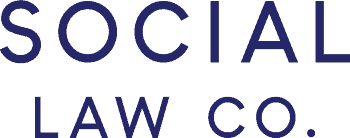The Therapeutic Goods (Therapeutic Goods Advertising Code) Instrument 2021 (the New Code) commenced on 1 January 2022 and replaces the former code, the Therapeutic Goods Advertising Code (No. 2) 2018 (the Former Code). The Former Code continues to apply for the duration of the transition period, which is from 1 January 2022 until 30 June 2022.
Can Brands use Influencers to advertise therapeutic goods?
With some exceptions, such as where the Influencer is known for their expertise in a health-related field, you can use Influencers to advertise your therapeutic goods which are able to be advertised to consumers, however, the Influencer cannot provide any testimonials in relation to the goods. An Influencer talking about their personal experience with the goods would be considered a testimonial.
What can’t Influencers say about therapeutic goods?
Influencers should not give any testimonials about the therapeutic good. They should also not advertise the therapeutic good for any purpose other than its approved purpose. An example of what they must not say, for example, is that your sunscreen product also relieved their eczema if that is not the product’s approved purpose.
Endorsements about therapeutic goods must also not be inconsistent with the label for the goods and the directions for use or instructions for use of the goods. If the endorsement about the therapeutic good refers (either expressly or by implication) to a health benefit, then the health benefit must be typical of the benefit expected from the goods when used in accordance with the label, the directions for use or instructions for use, and the intended purpose.
Care should also be taken to ensure that Influencers are meeting all of the requirements set out in the Former Code and, by the end of the transition period, in the New Code, including those relating to accuracy, safe and proper use, consistency with public health campaigns, scientific or clinical representations and including any applicable mandatory statements in the advertisements.
Is the prohibition on influencers providing testimonials a new prohibition under the New Code that didn’t exist in the Former Code?
Whilst a prohibition on testimonials by those involved in the marketing of the goods also existed in the Former Code, the New Code clarifies in no uncertain terms that the prohibition extends to Influencers, as well as direct sellers and other persons who have, or will receive, valuable consideration for making the testimonial.
What about Influencer send outs?
Samples are considered an advertisement. Advertisements about therapeutic goods must not contain or consist of a sample, or an offer of a sample, of a therapeutic good unless certain conditions are met.
As a starting point, you should refer to Annexure 2 of the New Code to see whether your therapeutic goods are therapeutic goods that may be offered as samples, ensure that they do not contain a substance included in Schedule 2, 3, 4 or 8 to the current Poisons Standard, and, for goods included in the Register – that the goods are supplied in a pack accepted in relation to the inclusion of the goods. The New Code has increased the number of therapeutic goods that can be offered as samples.
What should I do if I’m an Influencer who promotes therapeutic goods or a brand that uses influencers to promote my therapeutic goods?
You should revise your influencer marketing strategy to ensure that you are meeting the obligations under the Former Code, and making any changes in your strategy to get ready for compliance with the New Code.
You should also ensure that you have suitable Influencer Agreements in place with your Influencers and that these documents are reviewed and updated to provide both parties with necessary protections.
For more information about your influencer marketing strategy involving therapeutic goods, contact us.
Information contained within this blog post is intended to be general information only and is not in any way intended to constitute legal advice. You should not act or rely on any information found in this blog post without obtaining prior advice specific to your circumstances.




